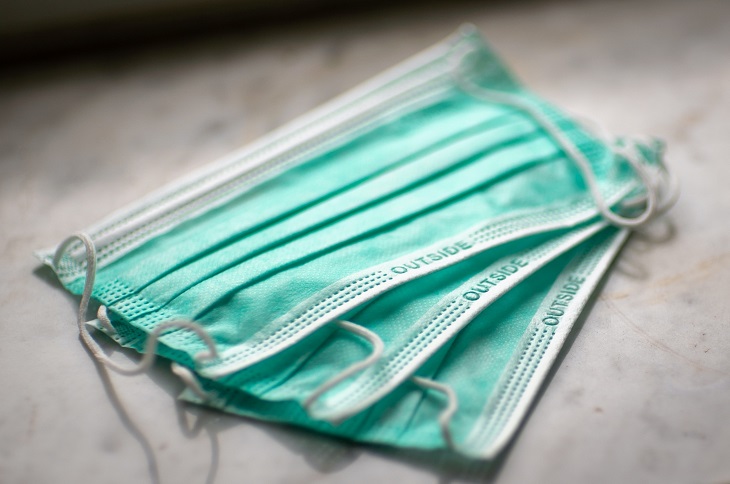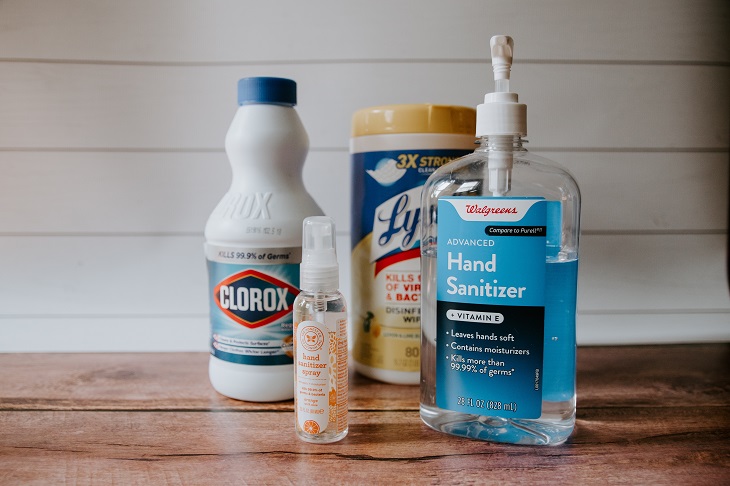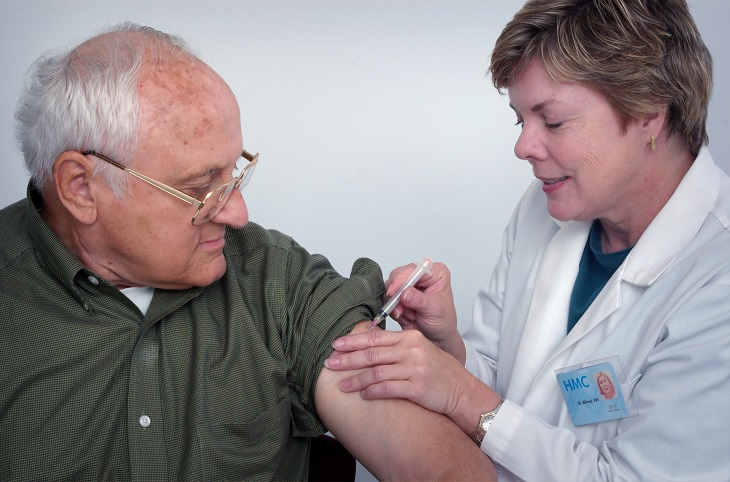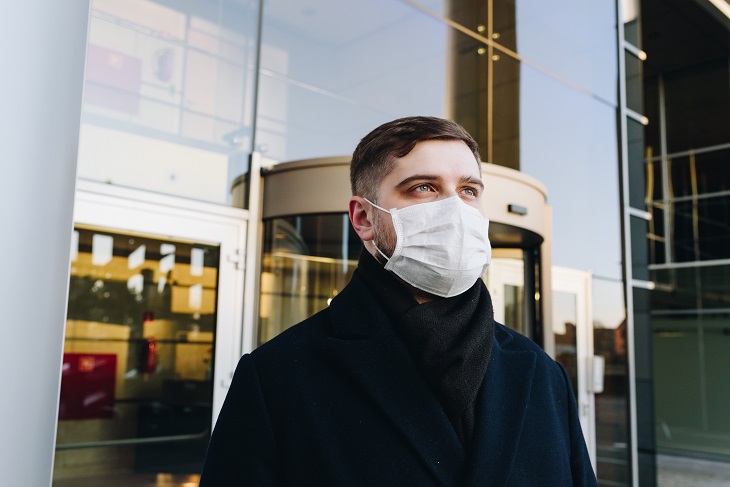We’re all trying to do our best to make it out of the COVID-19 pandemic without getting sick. Because there can be some conflicting information out there, it can feel confusing to know which steps to take to stay virus-free. One of the places where you spend a lot of time but might not think about disinfecting is your car. Here’s some information on decreasing your risk of contracting COVID, as well as COVID safety tips on cleaning a car.
How can I reduce the risk of getting COVID-19?
The virus is easily transmitted from person to person, so you should make sure you’re taking a number of precautions to decrease your chances of getting sick.
Wear a mask
The easiest way you can keep yourself and others safe is to wear a mask. At this time, some health experts have recommended that people double up on their masks for maximum protection. Always carry a mask with you whenever you’ll be outside your home; you can even stash a few extras in your car so you’ll always have one on hand.
Stay socially distanced
Stay a minimum of six feet away from anyone who doesn’t live in your household. Keep your distance when running essential errands or if you’re working outside your home.
Only interact with people who live in your household
While the pandemic is still in full force, it’s best to only come into contact with people who live in your household. That means that you should place any plans on hold of getting together with friends or non-immediate family members. If it’s a necessity for you to see these people, stay outdoors, keep your distance, and leave your masks on the entire time.

Limit unsafe activities like dining or being around groups of people
High-risk activities, such as gathering in groups or dining inside, should be avoided until your state has lowered their case rates and hospitalizations.
Get the vaccine as soon as possible
The vaccine is your best shot at keeping yourself safe from the virus. Check out how your specific state is handling vaccines so that you’ll have more information on when it’s your turn to get vaccinated.
How can I keep my vehicle safe?
If you’re like most Americans, you probably spend quite a bit of time in your car. Despite your best efforts to keep it clean, you’ll want to take extra precautions during this time to keep your car germ-free. Here are a few COVID safety tips on cleaning a car effectively.
1. Wear masks and use hand sanitizer
If you’re in the car with anyone else living outside your household, make sure to wear masks the entire time. You’ll also need to use hand sanitizer frequently to cut down on the germs on your hands.
2. Provide good ventilation
To minimize the spread of germs, try to have good ventilation in your vehicle with open vents and windows. Having better air circulation can be a simple way to stay safe.
3. Limit food and drink intake
If you’re traveling with other people outside your household, you’ll want to skip eating and drinking in the car since you’ll need to take your masks off to do this.
4. Wipe down touchscreens
Newer models of cars all come with touchscreens, which can be breeding grounds for germs. If possible, use voice commands so you don’t have to touch the screen or have anyone else touch it. You should also regularly clean the touchscreen (most people recommend using a cloth with a mixture of 30% water and 70% isopropyl alcohol). Don’t use any harsh chemicals that might damage the screen.
5. Clean the inside of your car with disinfectant
How should you clean and disinfect surfaces in your vehicle? Make sure to clean your car using disinfectant wipes or sprays as often as possible (at least daily if you have the time). There are some commonly touched areas that are even more important to clean, including door handles, seat belts, the parking brake, the steering wheel, the turn indicator, and the trunk lid. Giving your car a good scouring should help give you a little bit more peace of mind.

6. Get your car detailed
If you want a professional to handle the cleaning, take your car to a car wash to get detailed. Sanitizing your car with high-quality cleaning products can get rid of germs more effectively.
7. Make sure your car is in tip-top shape
Car maintenance during coronavirus is absolutely essential because you don’t want to worry about breaking down somewhere or having to enter any unsafe situations. Take your vehicle for regular maintenance (oil change, brake check, etc.) to ensure that you won’t have to make any unexpected visits to crowded repair shops or dealerships in the near future.
There are many steps you can take to make sure that you’re less likely to contract COVID. To keep your car in perfect condition, focus on upkeep and cleaning it as often as possible. This can help ensure your vehicle is clean and safe whenever you get behind the wheel.
Featured image by Hedgehog Digital on Unsplash

